How To Doula Better Series –
Some kinds of congenital anomalies are obvious such as a cleft lip or cleft palate. Other developmental differences may be more subtle, such as Down’s Syndrome or an orthopedic disorder. For example, my own parents didn’t know of my own congenital disorder until after a few diaper changes (I was born with my femur bone out of my hip socket).
One of the most influential sources on my thinking is an essay I read by Gena Garcia-Kirby. Her daughter Uma has Down’s Syndrome. She and her husband were not told for a full day. In her essay Gena describes the blessing of those twenty four hours. She says they were able to discover each other as mother and father and baby before the lens of disability colored the picture.
When any kind of diagnosis is discussed, parents’ feelings are often very aroused and they become anxious and fearful. If this is a condition they know about, it’s normal for their worst fears to come to mind. If it’s something they’ve never heard of before, that’s scary because it’s entirely unknown. What is the best role for the doula?
First, we’re not in a deciding position or even an influencing position, we’re responding to whatever unfolds. Typically, if there’s no medical procedures that need to be done, current practice says it’s usually best to wait. As Gena affirms, allowing the relationship between baby and parents to unfold in its own time is a gift. As doulas we can help to protect our families so that they have that time. However, this option often comes from medical professionals and not from us.
If a concern, condition, or diagnosis is brought up in the first several hours after birth, make sure that the loveliness of the baby stays in the center. Let those oxytocin and prolactin hormones do their bonding. Remember this is the key time for parents and babies to fall in love with one another to have that hormonal bonding. If it’s interrupted by cerebral cortex involving conversations, you never really get that opportunity back.
That’s why bonding and falling in love and protecting the space for them to do that would be my first priority. Once again, this is assuming there’s no immediate medical attention that’s required for anyone.
Sometimes doulas may become concerned that medical professionals or even the doula knows something before the parents do. You can explain that this bonding and falling in love time and getting to know your baby without any medical input is an important part of becoming a parent to this child. This unique time will be more important in the long run than knowing the inevitable a few hours sooner. However, parents may still become upset with a microfocus on this or another issue. Please realize that this is more than likely a sign of their adjustment process to a different kind of parenting than they expected to be doing. Stay in touch and their feelings will likely change over time.
Depending upon your doula role, you may be becoming more or less involved with this family during the postpartum. If you should get the call the next day that the baby’s been diagnosed with something, remind them of BRAND* or BRAIN*. Those key questions invented by Penny Simkin over forty years ago still apply.
Being the supportive human that you are, you will morph yourself into what they need. Do you need to become an information bank about this condition? Do you need to become a sounding board as they figure out what to do? Do you need to just listen to how challenging and difficult this is beyond their expected parenting? Do they need more practical support in the home with lactation or housework simply because the baby has a higher level of need? All of these are possible.
BRAND refers to these Key Questions: What are the Benefits? What are the Risks? What are the Alternatives? What if we do Nothing? Make a Decision. BRAIN adds, What does my Intuition tell me? and removes Make A Decision.
– Amy L. Gilliland, PhD






